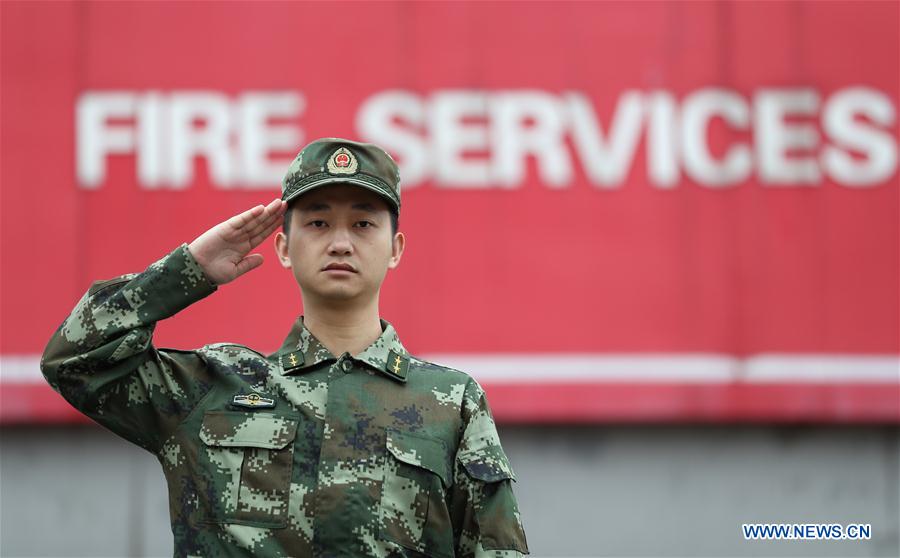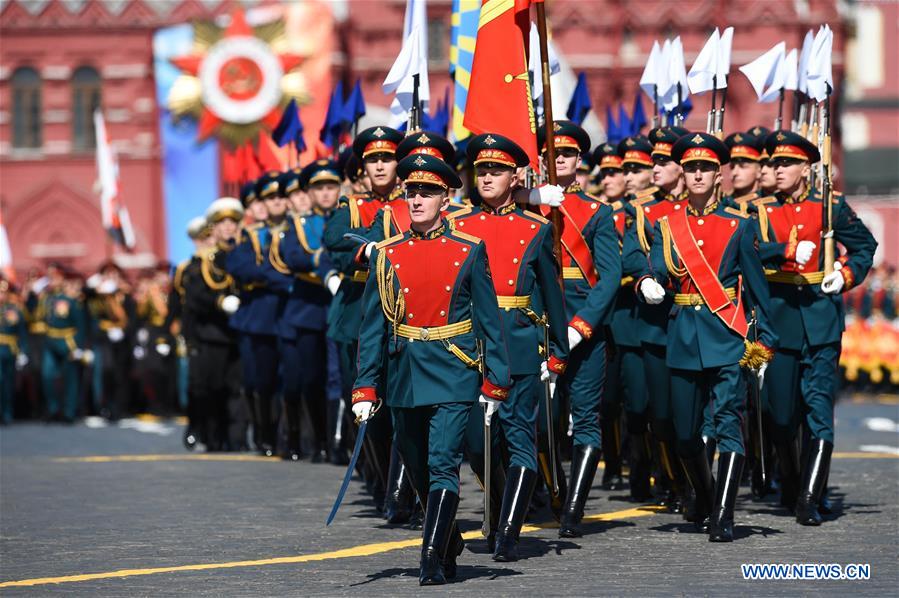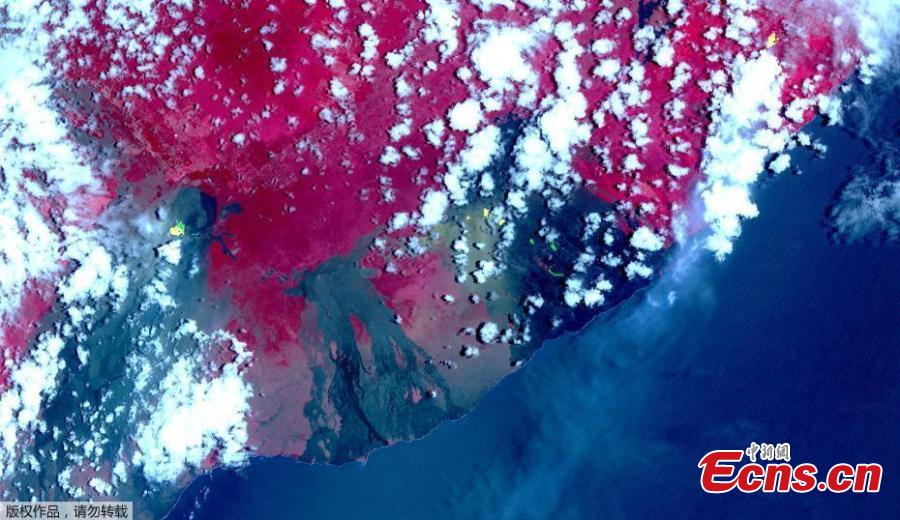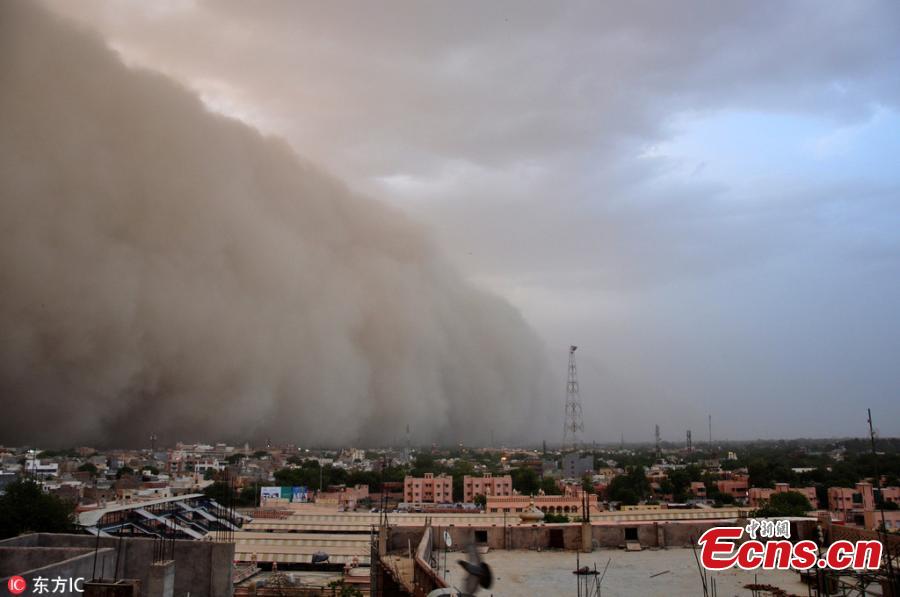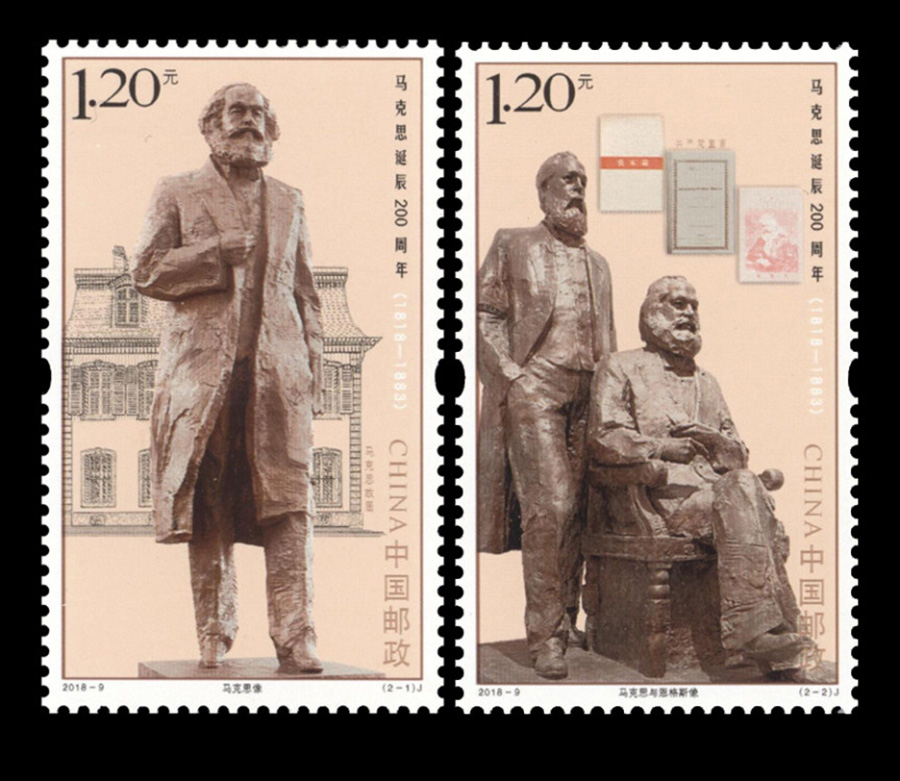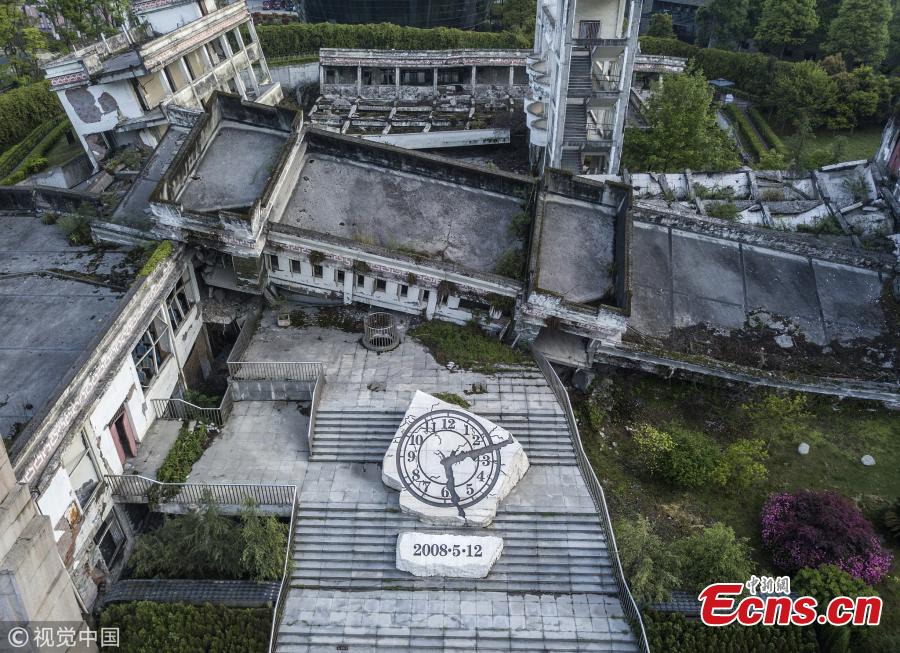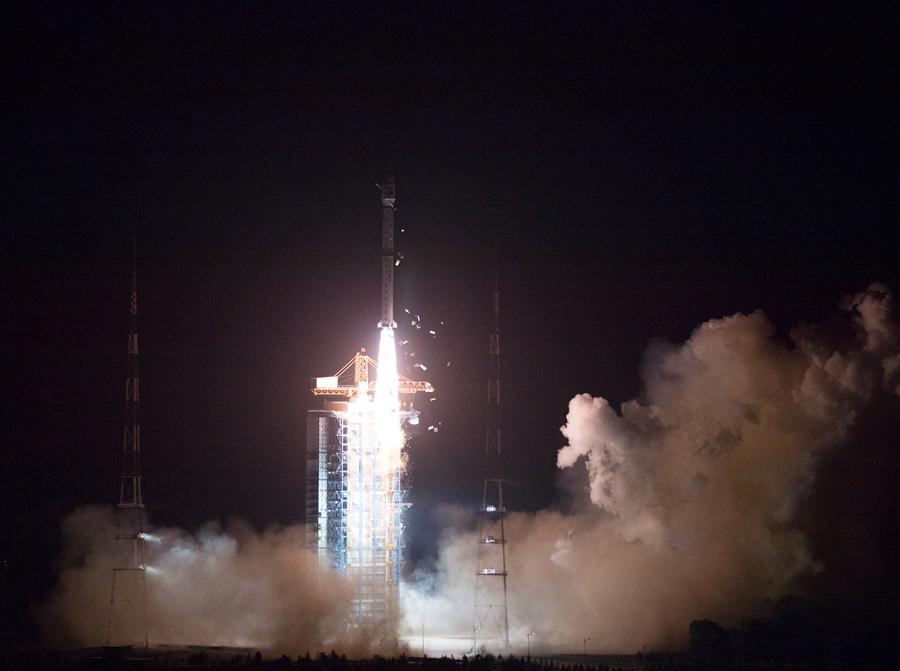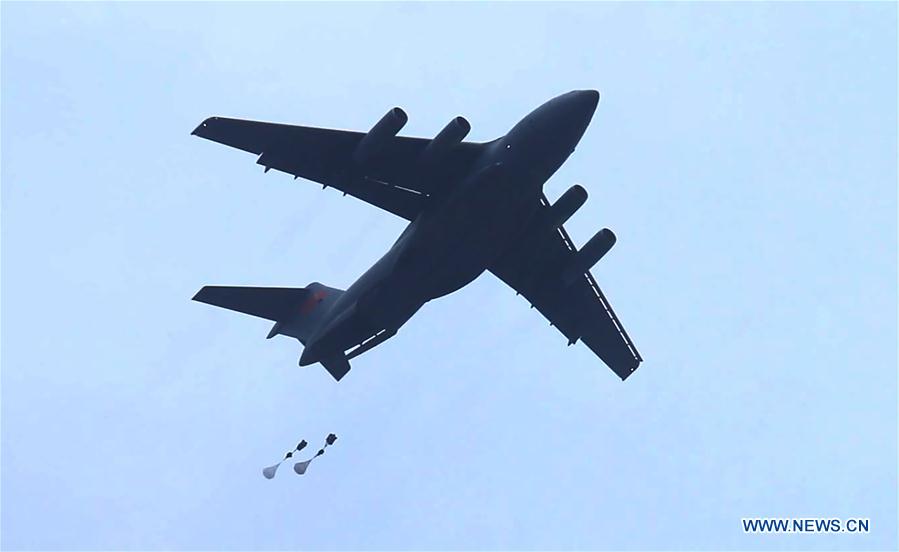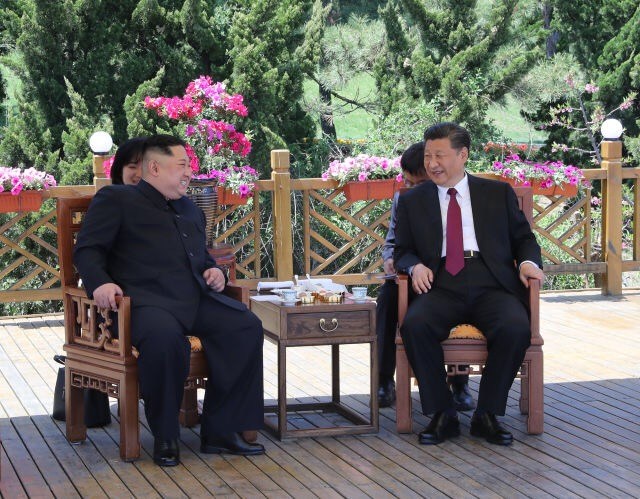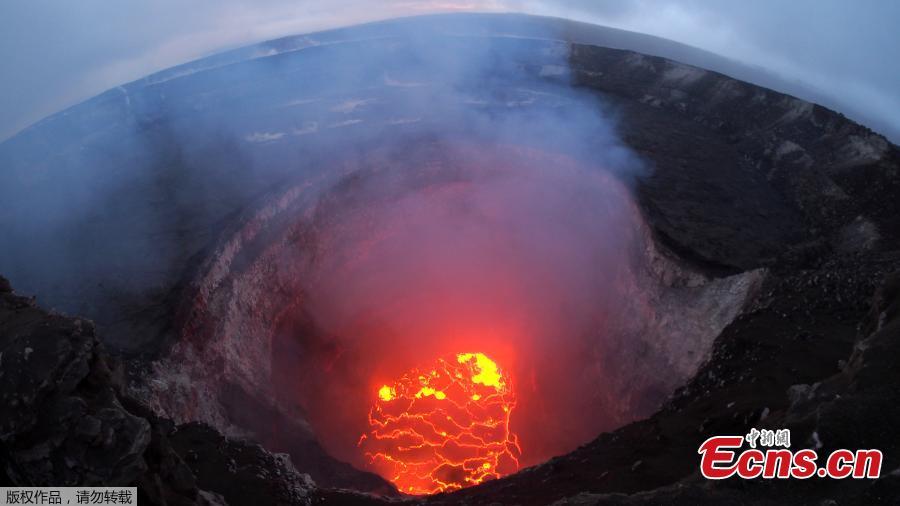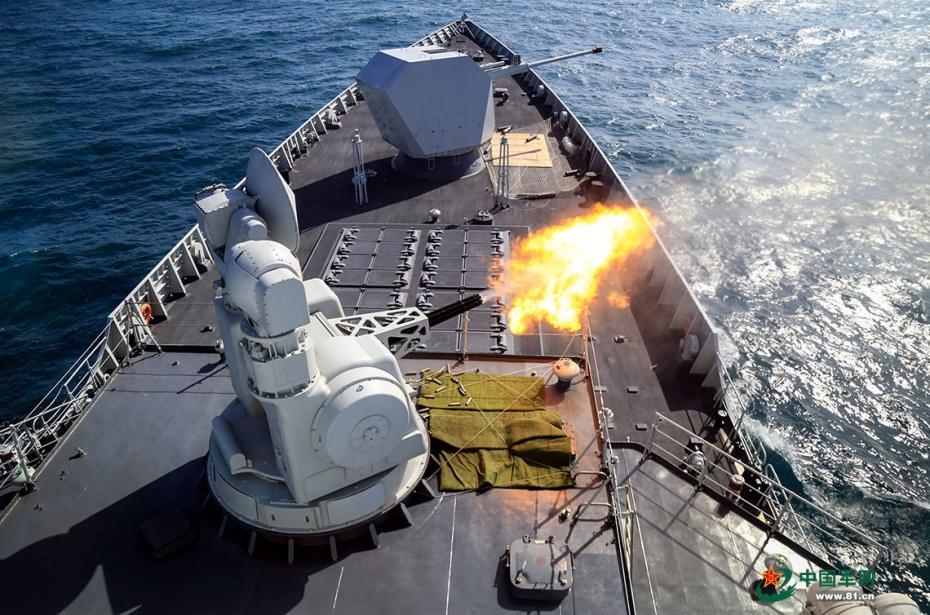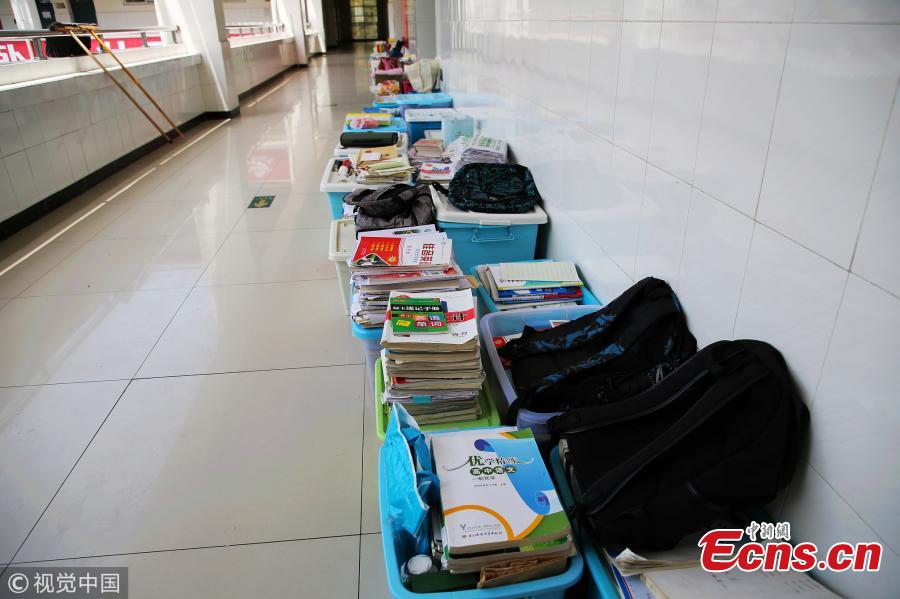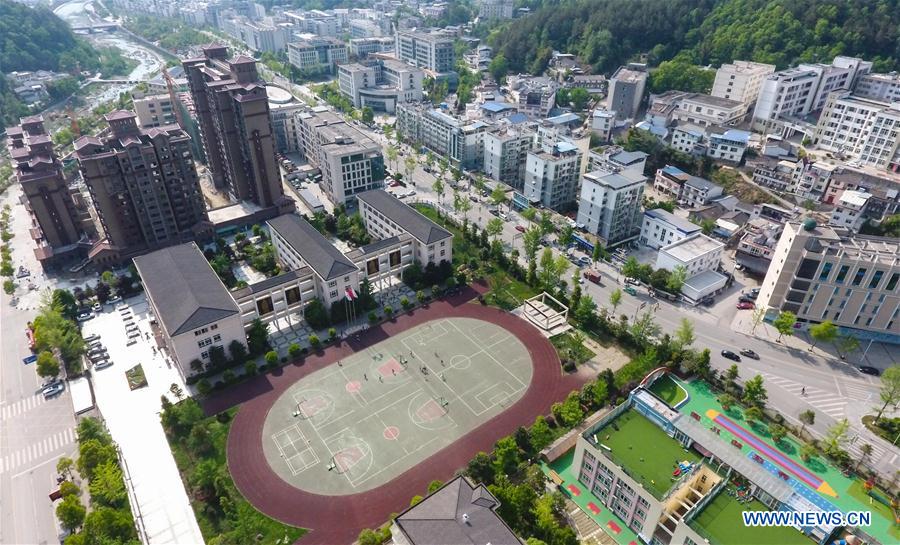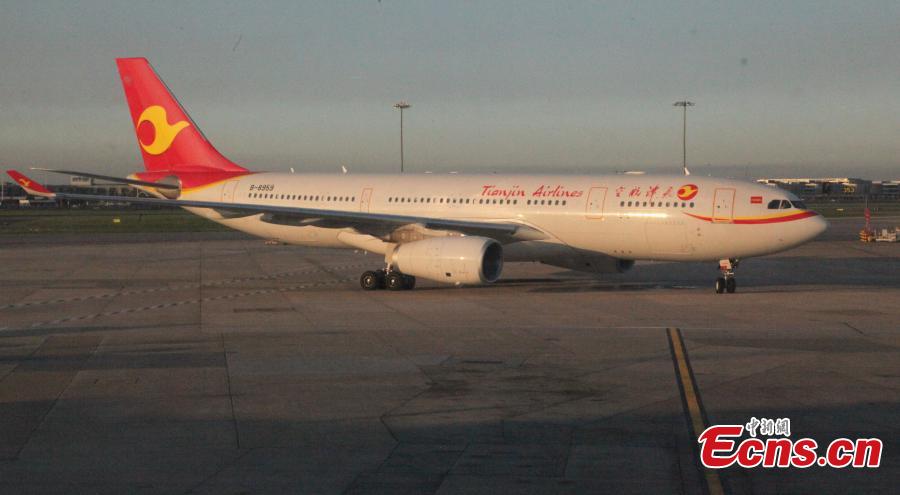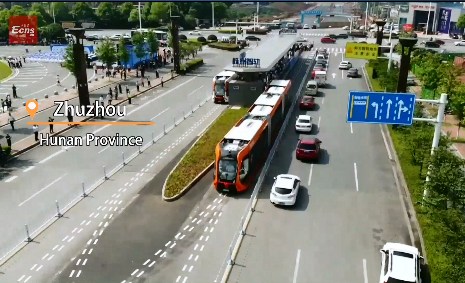The International Monetary Fund raised its forecast for economic growth on the Chinese mainland in 2018 to 6.6 percent from 6.5 percent, but warned that the simmering Sino-U.S. trade dispute would negatively affect global economic growth and investment.
"The Chinese mainland economy is transiting from an export-oriented economy to domestic consumption. Growth of the new digital economy and new service sector are quite higher," said Changyong Rhee, director of the IMF's Asia-Pacific Department at a media briefing on Wednesday. He added the IMF has seen many new growth engines for the mainland economy.
In the first quarter of this year, the mainland economy grew at a faster-than-expected 6.8 percent, well above the government's target of 6.5 percent for the full year, the National Bureau of Statistics announced last month.
According to the IMF, it expects economic growth on the mainland to moderate to 6.4 percent in 2019.
The Fund is also optimistic about the economic outlook for Asia-Pacific and anticipates the region will continue to be the most dynamic of the global economy-accounting for more than 60 percent of global growth. But risks such as geopolitical tensions and a potential trade war are still ahead. "The region remains vulnerable to a global risk-off event," the report said.
Trade has been the major engine of global economic growth, especially in the Asia-Pacific region, said Koshy Mathai, deputy division chief of the IMF's Asia-Pacific Department, and therefore, trade disputes between the Chinese mainland and the United States is a big concern for the area.
The IMF was worried about the escalation of the Sino-U.S. trade disputes, Mathai said.
He explained that in the Chinese mainland exports to the U.S., there is about 30 percent added value representing influences from other countries. So levying tariffs on mainland exports will also affect global supply chains.
"A trade war does not just affect the U.S. and the Chinese mainland given the complicated trading relationship, global value chains and global supply chains. There will not be any winners coming out of this kind of tension," Mathai said.









